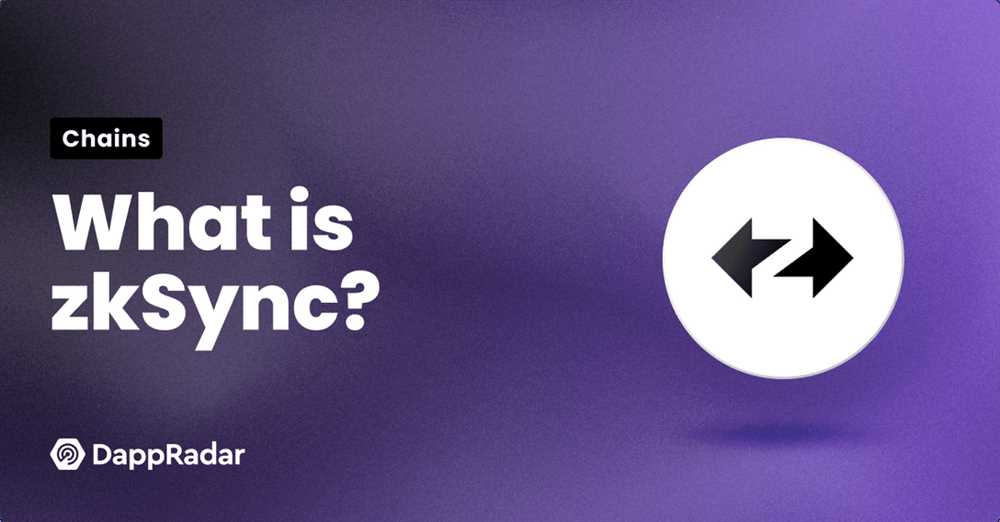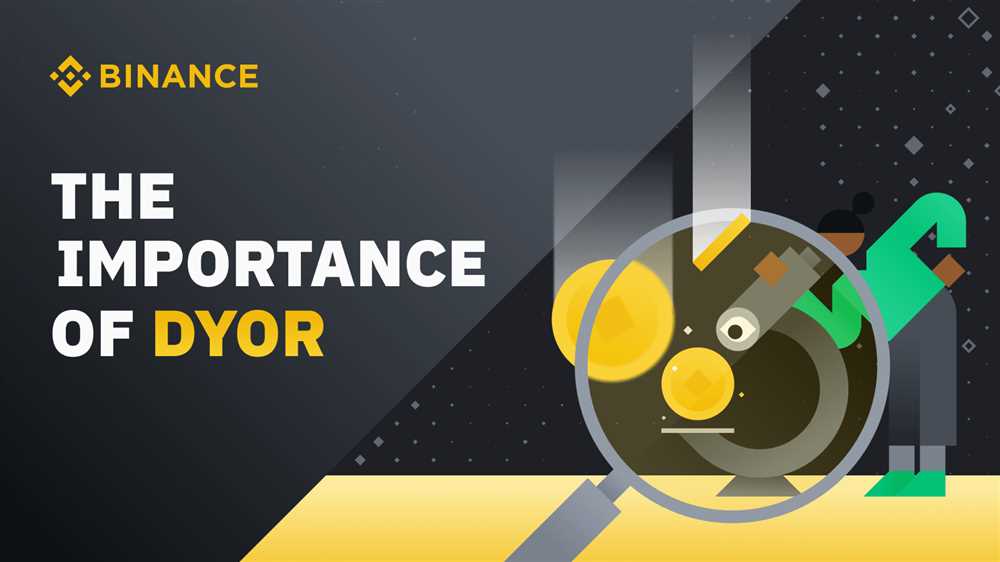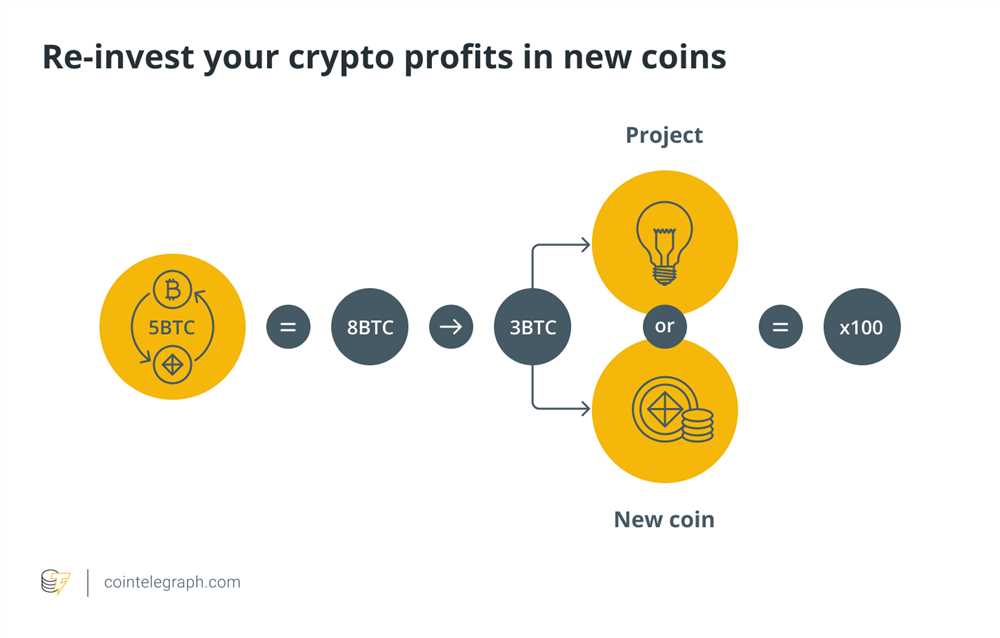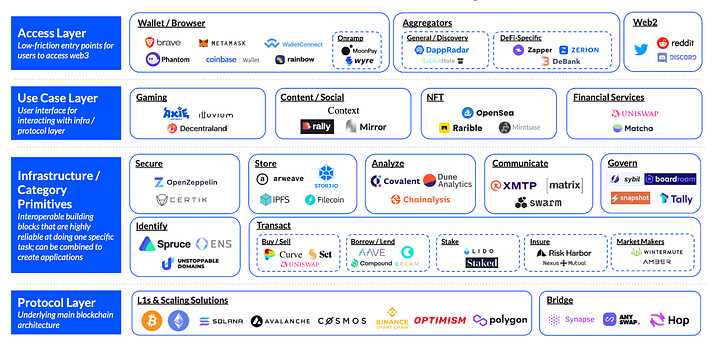
In the fast-growing world of decentralized finance (DeFi), debanking has emerged as a significant concern among users and investors. Debanking refers to the practice of excluding or limiting access to financial services based on an individual’s or entity’s perceived risk or association with certain activities. While debanking is not unique to the DeFi ecosystem, the decentralized and pseudonymous nature of DeFi platforms presents unique security challenges.
One of the primary security challenges of debanking in the DeFi ecosystem is the potential for censorship resistance. DeFi aims to provide open and permissionless financial services to anyone with an internet connection, regardless of their geographical location or background. However, when users can be debanked based on opaque criteria or without due process, the core principles of DeFi are compromised. It raises concerns about centralization of power and the erosion of financial freedom that DeFi intends to promote.
Another security challenge of debanking in DeFi is the risk of false positives or wrongful exclusions. Due to the pseudonymous nature of many DeFi transactions, there is a higher likelihood of mistaken identity or misattributed risk factors. A user could be mistakenly flagged as high risk or associated with illicit activities due to a similarity in wallet addresses or transaction patterns. False positives not only harm innocent users but also reduce the effectiveness of debanking measures in identifying and addressing genuine risks.
Furthermore, debanking can potentially lead to increased security vulnerabilities. In traditional banking systems, financial institutions play a crucial role in verifying customer identities and monitoring transactions for suspicious activities. When users are debanked from centralized financial institutions, the responsibility to ensure security and compliance falls on the individuals or DeFi platforms themselves. This places additional burden on users to adopt strong security practices and exposes them to potential risks such as phishing attacks, hacking attempts, and insecure smart contracts.
In conclusion, debanking in the DeFi ecosystem poses significant security challenges that need to be addressed. It undermines the principles of decentralization and financial freedom on which DeFi is built. To mitigate these challenges, it is crucial to strike a balance between protecting against legitimate risks and preserving the inclusivity and privacy that DeFi aims to provide. Stronger identity verification mechanisms and clearer criteria for debanking are necessary to prevent false positives and ensure that the security of the ecosystem is not compromised.
The Risks and Security Concerns of Debanking in the Defi Ecosystem
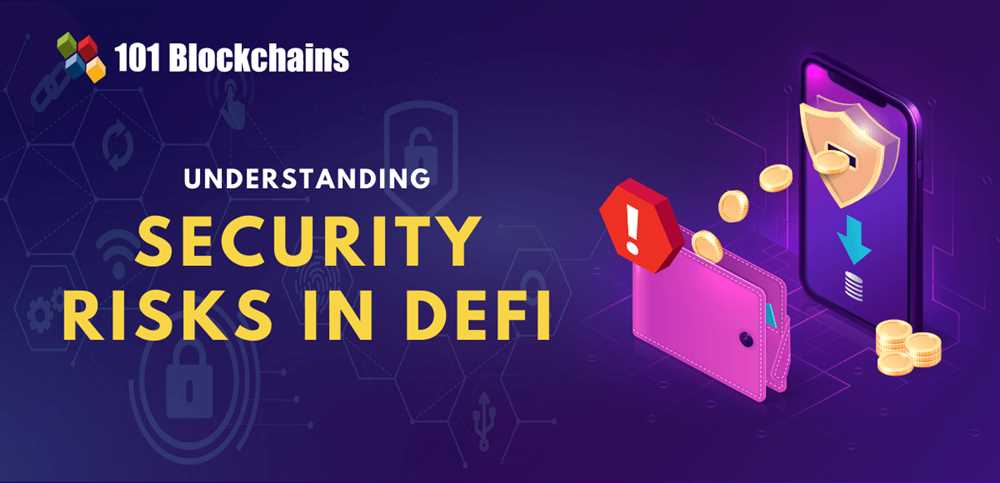
The decentralized finance (DeFi) ecosystem has experienced rapid growth in recent years, with more and more users participating in various decentralized applications (DApps) and protocols. This growth has led to the emergence of new financial services and opportunities for users to earn passive income, but it has also brought about new risks and security concerns.
Debanking, which refers to the process of removing traditional banks and financial intermediaries from the equation and relying solely on decentralized platforms and smart contracts, can introduce a number of risks. One of the main concerns is the vulnerability of smart contracts to hacking and exploitation.
| Risk | Description |
|---|---|
| Smart Contract Vulnerabilities | Smart contracts are the building blocks of the DeFi ecosystem, and any vulnerabilities in these contracts can be exploited by hackers. These vulnerabilities can lead to loss of funds and other security breaches. |
| Protocol Exploitation | DeFi protocols are also susceptible to exploitation, as hackers can find loopholes in the code and manipulate the system to their advantage. This can result in financial loss and instability within the ecosystem. |
| Lack of Regulation | As decentralized finance operates outside of traditional regulatory frameworks, there is a lack of oversight and accountability. This lack of regulation can make it difficult to address security concerns and protect users from fraudulent activities. |
| Phishing and Scams | With the increasing popularity of DeFi, phishing attacks and scams targeting users have also become more prevalent. Users need to be cautious and vigilant to avoid falling into traps and disclosing their sensitive information to malicious actors. |
| Oracle Attacks | Oracles play a critical role in providing external data to smart contracts. However, if oracles are compromised, they can supply false data to smart contracts, leading to incorrect outcomes and potential financial loss for users. |
Addressing these risks and security concerns requires a multi-faceted approach. Developers need to conduct thorough security audits and testing of smart contracts and protocols to identify and fix any vulnerabilities. Users should also exercise caution when interacting with DeFi platforms, ensuring they are using reputable sources and protecting their private keys.
Furthermore, the development of regulatory frameworks specific to the DeFi ecosystem can provide a level of protection for users and bring about greater accountability. Education and awareness initiatives are also crucial to help users understand the risks involved in DeFi and empower them to make informed decisions.
Overall, while the DeFi ecosystem offers exciting opportunities for financial innovation, it is important to recognize and address the risks and security concerns associated with debanking. By taking proactive measures, the industry can work towards creating a more secure and trustworthy decentralized financial system.
Potential Threats to the Defi Ecosystem

The decentralized finance (Defi) ecosystem has gained significant attention and popularity in recent years, but it is not without its potential threats. As the industry continues to evolve and grow, it is important to identify and address these threats to ensure the security and stability of the system.
Smart Contract Vulnerabilities

One of the main potential threats to the Defi ecosystem is the presence of smart contract vulnerabilities. Smart contracts are self-executing agreements with the terms of the agreement directly written into code. While they offer many advantages in terms of efficiency and transparency, they are also susceptible to coding errors and vulnerabilities. These vulnerabilities can be exploited by malicious actors to carry out various attacks, including theft of funds. It is crucial for developers to thoroughly audit and test their smart contracts to minimize the risk of vulnerabilities.
Price Oracles Manipulation
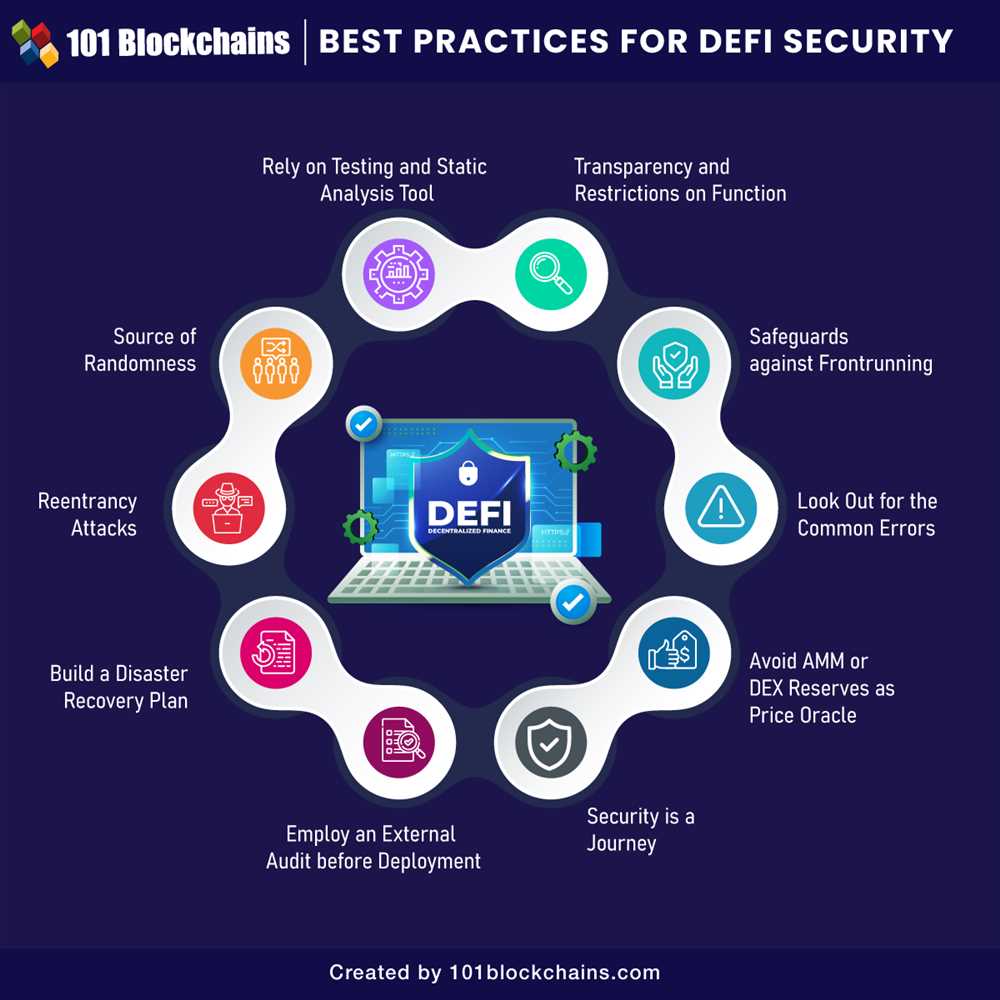
Price oracles play a critical role in the Defi ecosystem by providing real-time price data for various assets. However, they can also be manipulated, leading to inaccurate price information and potential market manipulation. If a malicious actor successfully manipulates a price oracle, they can exploit this information to carry out various attacks, such as flash loans or front-running. To mitigate this threat, it is important for the Defi ecosystem to rely on multiple price oracles and implement mechanisms to detect and prevent oracle manipulation.
Furthermore, it is crucial for the Defi community to collaborate and share information about potential malicious actors and suspicious activities in order to ensure the integrity of price oracles and protect the ecosystem as a whole.
Regulatory Challenges

The Defi ecosystem operates in a regulatory grey area, which can pose significant challenges and risks. As the industry continues to gain traction and attract more attention from regulators, there is a potential for increased scrutiny and regulatory actions. This could lead to regulatory crackdowns, restrictions, or even bans on certain Defi activities or platforms. Compliance with existing regulations and the ability to adapt to new regulatory frameworks can be a major determinant of the success and longevity of the Defi ecosystem.
Finding the right balance between regulatory compliance and the core principles of decentralization and financial sovereignty is a complex challenge that the Defi community will need to navigate in the coming years.
In conclusion, while the Defi ecosystem holds immense potential for revolutionizing the financial industry, it is not immune to potential threats. Smart contract vulnerabilities, price oracles manipulation, and regulatory challenges are just a few examples of the risks that need to be addressed and mitigated to ensure the long-term success and security of the Defi ecosystem. Continuous research, collaboration, and innovation will be key in overcoming these threats and building a robust and resilient Defi ecosystem.
What is debanking in the DeFi ecosystem?
Debanking in the DeFi ecosystem refers to the practice of excluding or removing certain individuals or entities from accessing decentralized financial services. This can happen for various reasons, including regulatory compliance, security concerns, or reputational risks. Debanking is often done by centralized entities, such as exchanges or lending platforms, to mitigate potential risks.
What are the security challenges associated with debanking in the DeFi ecosystem?
Debanking in the DeFi ecosystem can pose several security challenges. First, it can create a centralized point of failure, as the decision to debank is usually made by a centralized entity. If this entity is compromised or manipulated, it can result in the exclusion of legitimate users or the inclusion of malicious actors. Second, debanking can also lead to concentration of power, as some entities may have the ability to control access to critical financial services. This can potentially increase the risk of censorship, discrimination, and overall control over the ecosystem.
How do decentralized financial services address the security challenges of debanking?
Decentralized financial services, or DeFi, aim to address the security challenges of debanking by removing the need for centralized authorities. Instead of relying on a single entity to make decisions about who can access financial services, DeFi platforms use smart contracts and decentralized protocols to automate and govern these processes. By using blockchain technology, DeFi provides transparency, immutability, and censorship resistance, which can help mitigate the security concerns associated with debanking.
What are some potential solutions to the security challenges of debanking in the DeFi ecosystem?
One potential solution to the security challenges of debanking in the DeFi ecosystem is the use of decentralized identity solutions. By implementing secure and decentralized identity systems, DeFi platforms can ensure that users can maintain their privacy and control over their personal information, while still complying with regulatory requirements. Additionally, the development of decentralized reputation systems can help build trust among participants in the DeFi ecosystem and mitigate the risks of debanking based on reputation concerns.
